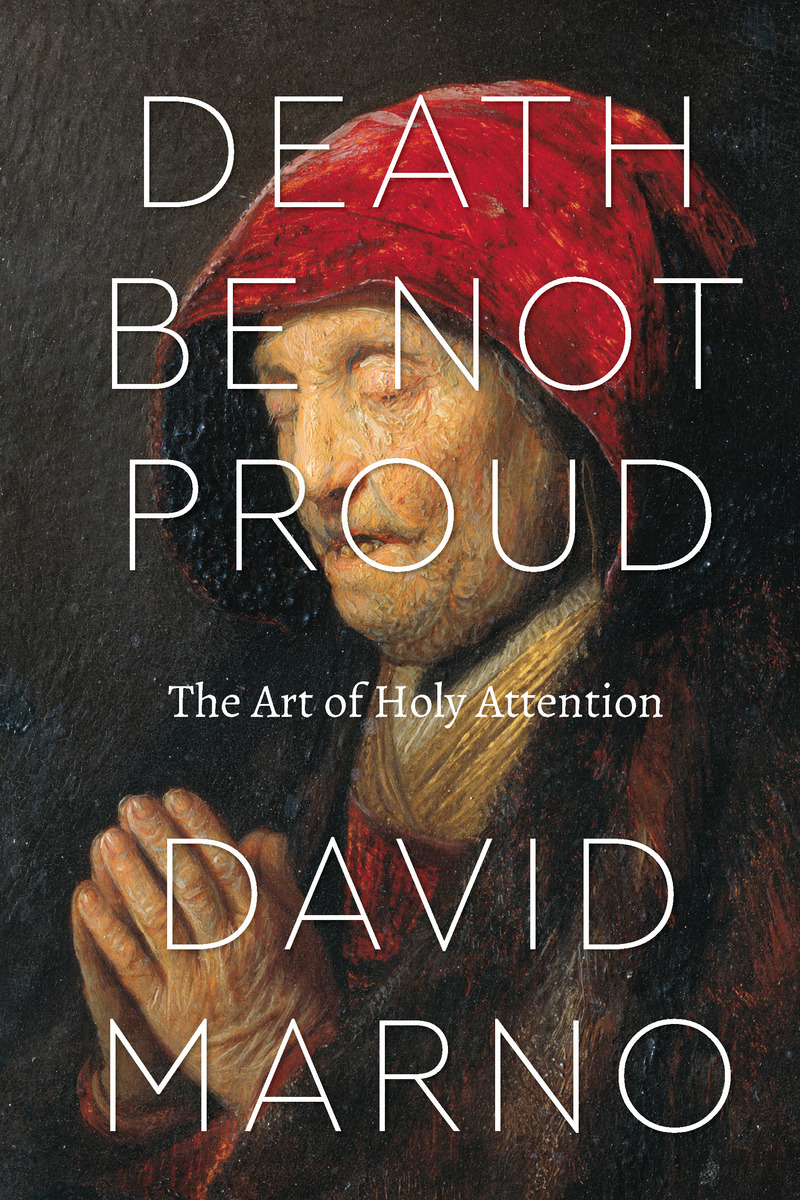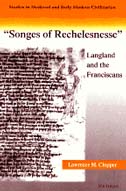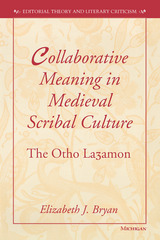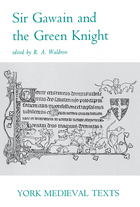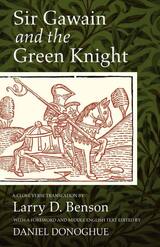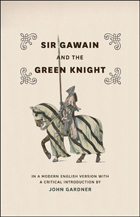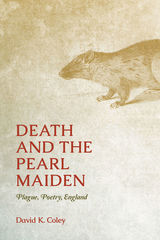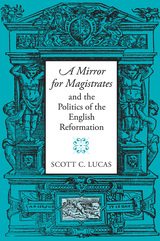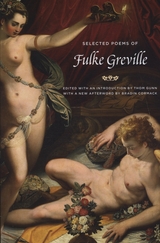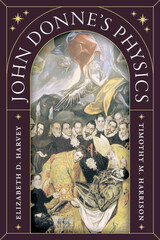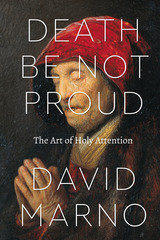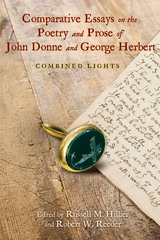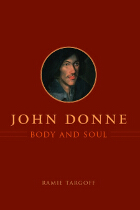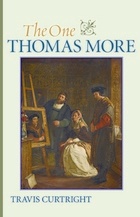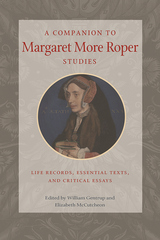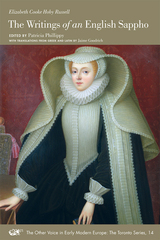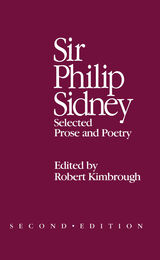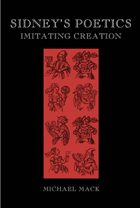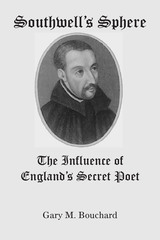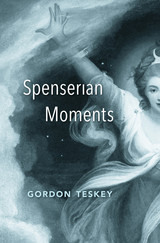Death Be Not Proud: The Art of Holy Attention
University of Chicago Press, 2016
Cloth: 978-0-226-41597-0 | eISBN: 978-0-226-41602-1
Library of Congress Classification PR2247.H663M37 2016
Dewey Decimal Classification 821.3
Cloth: 978-0-226-41597-0 | eISBN: 978-0-226-41602-1
Library of Congress Classification PR2247.H663M37 2016
Dewey Decimal Classification 821.3
ABOUT THIS BOOK | AUTHOR BIOGRAPHY | REVIEWS | TOC | REQUEST ACCESSIBLE FILE
ABOUT THIS BOOK
The seventeenth-century French philosopher Nicolas Malebranche thought that philosophy could learn a valuable lesson from prayer, which teaches us how to attend, wait, and be open for what might happen next. Death Be Not Proud explores the precedents of Malebranche’s advice by reading John Donne’s poetic prayers in the context of what David Marno calls the “art of holy attention.”
If, in Malebranche’s view, attention is a hidden bond between religion and philosophy, devotional poetry is the area where this bond becomes visible. Marno shows that in works like “Death be not proud,” Donne’s most triumphant poem about the resurrection, the goal is to allow the poem’s speaker to experience a given doctrine as his own thought, as an idea occurring to him. But while the thought must feel like an unexpected event for the speaker, the poem itself is a careful preparation for it. And the key to this preparation is attention, the only state in which the speaker can perceive the doctrine as a cognitive gift. Along the way, Marno illuminates why attention is required in Christian devotion in the first place and uncovers a tradition of battling distraction that spans from ascetic thinkers and Church Fathers to Catholic spiritual exercises and Protestant prayer manuals.
If, in Malebranche’s view, attention is a hidden bond between religion and philosophy, devotional poetry is the area where this bond becomes visible. Marno shows that in works like “Death be not proud,” Donne’s most triumphant poem about the resurrection, the goal is to allow the poem’s speaker to experience a given doctrine as his own thought, as an idea occurring to him. But while the thought must feel like an unexpected event for the speaker, the poem itself is a careful preparation for it. And the key to this preparation is attention, the only state in which the speaker can perceive the doctrine as a cognitive gift. Along the way, Marno illuminates why attention is required in Christian devotion in the first place and uncovers a tradition of battling distraction that spans from ascetic thinkers and Church Fathers to Catholic spiritual exercises and Protestant prayer manuals.
See other books on: Christian Living | Christian poetry, English | Death in literature | Early modern, 1500-1700 | Prayer
See other titles from University of Chicago Press
